One of the most preventable emergencies seen by avian veterinarians is toxin poisoning through ingestion, inhalation or contact with the skin. Most parrot caregivers are familiar with items such as household plants, alcohol, lead, and zinc and their harmful effects on parrots if ingested. But many people are still unaware of the other dangers lurking in the household, that can be equally – if not fatally – dangerous to parrots.
In this podcast, avian veterinarian Dr. Scott Echols helps us identify some of the more common household toxins that can be harmful to our companion parrots, the simple measures to take to prevent contact, and what to do if you suspect your parrot has been accidentally poisoned.
Date recorded: September 2011
About the Presenter:
Scott Echols, DVM, Dipl ABVP (Avian)
Dr Scott Echols is a board certified avian veterinary specialist, Adjunct Professor at Texas A&M College of Veterinary Medicine, past President for the Association of Avian Veterinarians, frequent lecturer at multiple universities and conference in the US and abroad, author, filmmaker and researcher.
His forays into filmmaking led him to establish Avian Studios, where he creates educational media that help teach people about the changes they can make to improve and enrich the lives of their companion parrots.
The Grey Parrot Anatomy Project (http://www.avianstudios.com/the-grey-parrot-anatomy-project/) is an ongoing study to evaluate, describe and publish the anatomy of the grey parrot. The study is a collaboration between numerous researchers working to define parrot anatomy in detail. Dr. Echols is the principle researcher and founder of the Project.
